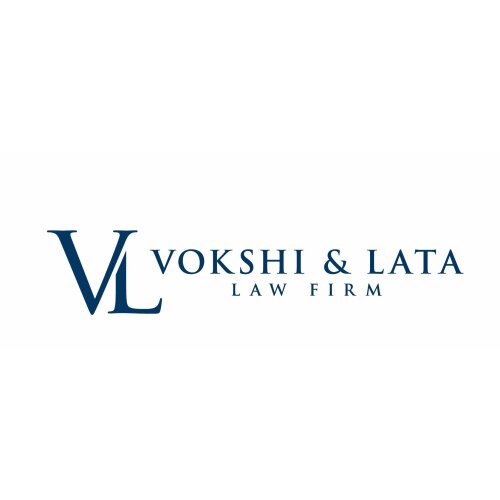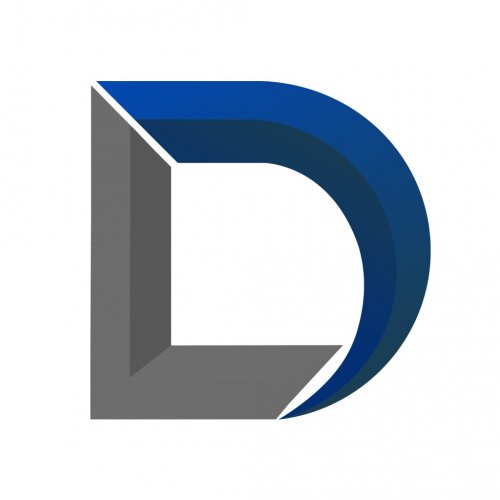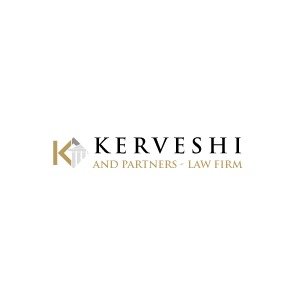Best Telecommunications and Broadcast Lawyers in Kosovo
Share your needs with us, get contacted by law firms.
Free. Takes 2 min.
Or refine your search by selecting a city:
List of the best lawyers in Kosovo
About Telecommunications and Broadcast Law in Kosovo
The telecommunications and broadcast sector in Kosovo is integral to its modern infrastructure, providing essential services and information dissemination throughout the country. The legal framework governing telecommunications and broadcast is designed to promote competition, protect consumers, and ensure efficient use of the radio spectrum. With the advent of new technologies and digital communications, the laws are continuously evolving to ensure they adequately address emerging challenges and opportunities within the industry.
Why You May Need a Lawyer
Legal assistance in the telecommunications and broadcast sector can be crucial for several reasons. Businesses and individuals may require legal advice to navigate regulatory compliance, obtain necessary licenses, or address disputes related to service contracts. Additionally, lawyers can provide guidance on intellectual property issues, help resolve bandwidth or frequency allocation disputes, and assist with matters related to data protection and privacy laws relevant to telecommunications and broadcasting. It's also common to seek legal help during mergers and acquisitions in the sector or when drafting and reviewing contracts.
Local Laws Overview
Kosovo's telecommunications and broadcast laws are governed mainly by the Electronic Communications Law and the Broadcasting Law. These laws provide the regulatory framework that facilitates fair competition and service quality, while protecting consumer rights. The Regulatory Authority of Electronic and Postal Communications (ARKEP) oversees the enforcement of these laws, ensuring compliance among service providers. Important aspects include licensing requirements, consumer protection regulations, spectrum management, and rules pertaining to broadcast content standards. Data protection and the right to information are also critical components of the regulatory landscape impacting telecommunications and broadcasting.
Frequently Asked Questions
What is the role of ARKEP in Kosovo?
ARKEP, the Regulatory Authority of Electronic and Postal Communications, is responsible for overseeing the telecommunications and broadcasting sectors, ensuring regulatory compliance and fostering competition while protecting consumer rights.
Do I need a license to operate a broadcast service?
Yes, operating a broadcast service in Kosovo requires obtaining a license from ARKEP, which ensures compliance with regulatory standards and efficient use of the radio spectrum.
What regulations protect consumers in telecommunications?
The Electronic Communications Law provides a framework for consumer protections, which includes quality of service guarantees, transparent billing, and grievance redressal mechanisms.
How does Kosovo handle telecommunications data privacy?
Data privacy in telecommunications is governed by the Law on the Protection of Personal Data, which ensures that service providers adhere to strict data protection standards.
What should I consider when drafting a telecommunications contract?
When drafting a telecommunications contract, it is important to include clear terms regarding service quality, data confidentiality, dispute resolution mechanisms, and compliance with local laws.
Are there specific laws for online broadcasting?
Online broadcasting falls under broader telecommunications and media regulations, with specific guidelines depending on content type and audience reach.
Can telecommunications companies merge without regulation concerns?
Any merger or acquisition involving telecommunications companies must comply with competition laws to prevent monopolistic practices and ensure market fairness under ARKEP's guidance.
How are signal interference issues resolved?
ARKEP addresses signal interference issues by managing frequency allocations and ensuring that licensees adhere to technical standards for their transmissions.
What penalties exist for non-compliance in broadcasting?
Penalties for non-compliance in broadcasting can include fines, revocation of broadcasting licenses, and other legal actions as deemed necessary by ARKEP.
How can I access broadcasting regulations in Kosovo?
Broadcasting regulations can be accessed through official publications by ARKEP or by consulting with a legal expert in telecommunications and broadcast law.
Additional Resources
For further information, interested parties can consult the Regulatory Authority of Electronic and Postal Communications (ARKEP), the Kosovo Ministry of Economic Development, or legal experts specializing in telecommunications and broadcast law. Additionally, industry publications and forums can provide insights into current trends and regulatory changes.
Next Steps
If you need legal assistance in telecommunications and broadcast, consider contacting a qualified lawyer with expertise in this field. Prepare by gathering relevant documents, outlining your specific legal needs, and setting up consultations to explore potential legal strategies. Staying informed about sector-specific laws and maintaining regular communication with legal advisors will help you address any challenges effectively.
Lawzana helps you find the best lawyers and law firms in Kosovo through a curated and pre-screened list of qualified legal professionals. Our platform offers rankings and detailed profiles of attorneys and law firms, allowing you to compare based on practice areas, including Telecommunications and Broadcast, experience, and client feedback.
Each profile includes a description of the firm's areas of practice, client reviews, team members and partners, year of establishment, spoken languages, office locations, contact information, social media presence, and any published articles or resources. Most firms on our platform speak English and are experienced in both local and international legal matters.
Get a quote from top-rated law firms in Kosovo — quickly, securely, and without unnecessary hassle.
Disclaimer:
The information provided on this page is for general informational purposes only and does not constitute legal advice. While we strive to ensure the accuracy and relevance of the content, legal information may change over time, and interpretations of the law can vary. You should always consult with a qualified legal professional for advice specific to your situation.
We disclaim all liability for actions taken or not taken based on the content of this page. If you believe any information is incorrect or outdated, please contact us, and we will review and update it where appropriate.
Browse telecommunications and broadcast law firms by city in Kosovo
Refine your search by selecting a city.










